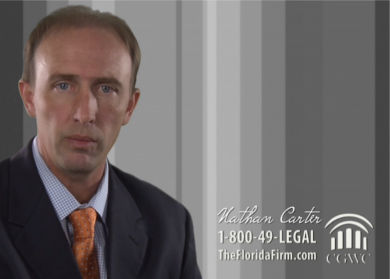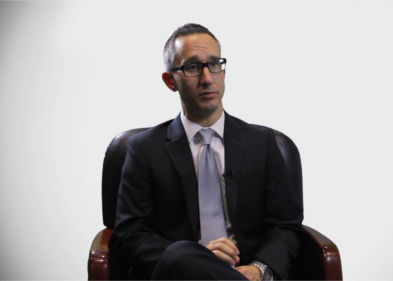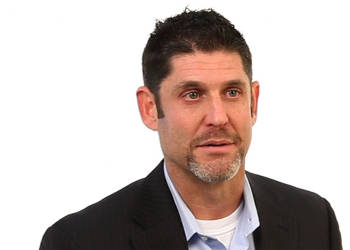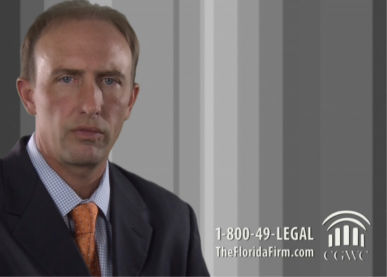Three Criteria Needed for Malpractice Case | Orlando Medical Negligence
Nathan Carter
Succeeding in a Malpractice Case in Orlando
To succeed in a medical malpractice case in Florida, there are three things you have to prove. You have to prove that the doctor was negligent and deviated or fell below the standard of care, then you have to prove that that negligence caused your harm, and then we have to prove what your damages are. So there are three things you have to prove to be successful in a malpractice case. Until we get your records and have them reviewed by experts, we don’t really know if the doctor has fallen below the standard of care. So if you have a question about that and would like us to review your records for free, call me. Nathan Carter at Colling Gilbert Wright & Carter, 1-800-49-LEGAL.
By: Nathan Carter
Succeeding in a Malpractice Case in Orlando
To succeed in a medical malpractice case in Florida, there are three things you have to prove. You have to prove that the doctor was negligent and deviated or fell below the standard of care, then you have to prove that that negligence caused your harm, and then we have to prove what your damages are. So there are three things you have to prove to be successful in a malpractice case. Until we get your records and have them reviewed by experts, we don’t really know if the doctor has fallen below the standard of care. So if you have a question about that and would like us to review your records for free, call me. Nathan Carter at Colling Gilbert Wright & Carter, 1-800-49-LEGAL.
By: Nathan Carter





